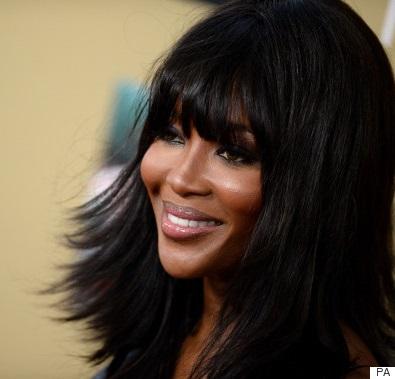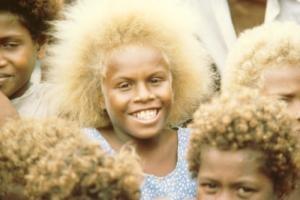I Have fair hair (well sort of dirty blonde before I turned grey), but many people do not.
Does that mean people whose hair is red or black are unfair ?
Or should we call Randy-D fair because he discriminate equally in all directions ?
N-peeps are unfair 
Exept a few 
Researching for this question i stumbled on an advertisement about unfair hair (getting an unfair advantage) i found 8 variants of the Advertisement all showing a blond hair-model: